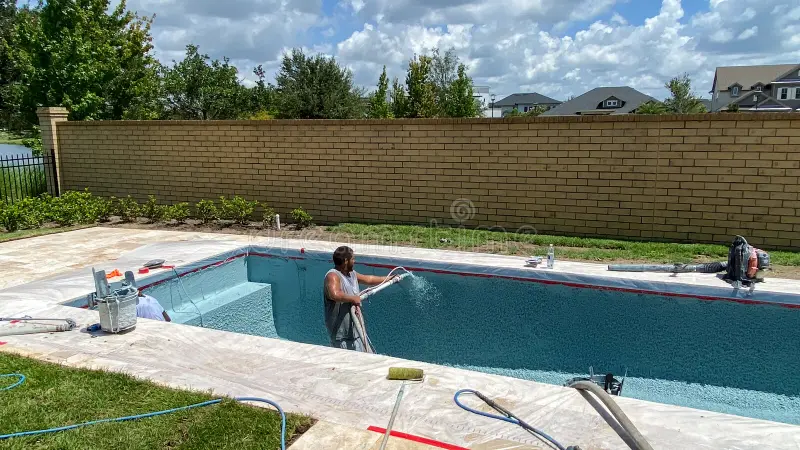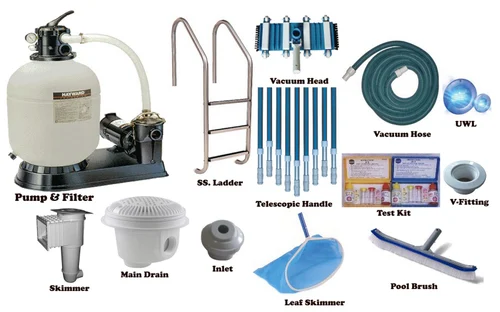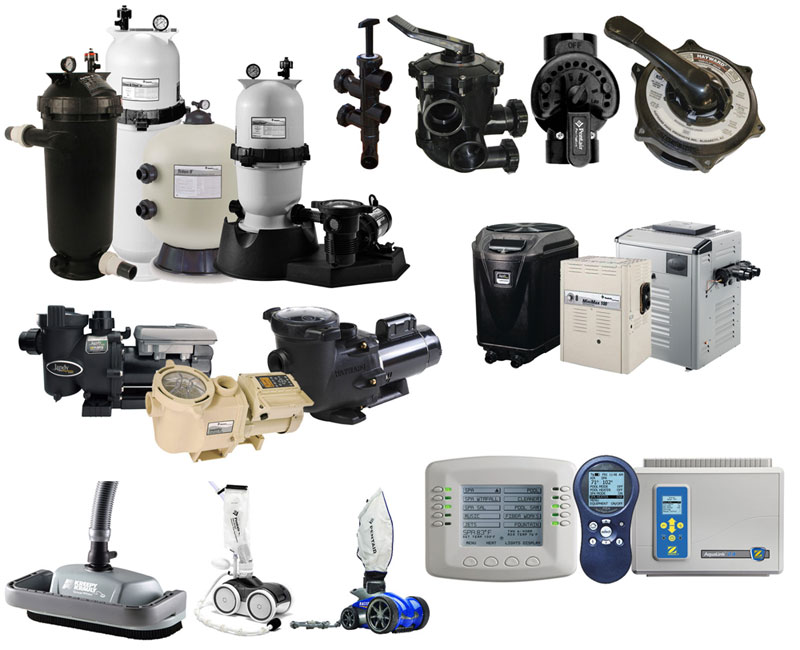| Explore the essential steps for pool equipment installation and ensure a smoothly operating pool. TT Pool’s expert guide. |
Why do you need experts to install your Pool Equipment?

When it comes to setting up a pool, there’s more to it than just the water and the basin. The heart of a functional and enjoyable pool lies in the equipment that keeps it clean, safe, and well-maintained. From pumps and filters to heaters and automation systems, each piece plays a crucial role in your pool’s overall performance. But the question is, should you attempt to install these essential components on your own, or is it best to leave it to the experts?
Installing pool equipment might seem like a DIY project, but there are several compelling reasons to enlist the help of professionals. Here’s why you should consider it:
- Technical Expertise: Pool equipment installation involves complex electrical and plumbing work. Professionals have the technical knowledge to ensure everything is set up correctly and safely.
- Optimal Performance: Proper installation is crucial for the equipment to function at its best. Experts can maximize the efficiency of your equipment, saving you money on energy costs.
- Warranty and Compliance: Many pool equipment warranties require professional installation. By adhering to manufacturer guidelines, you protect your investment and maintain warranty coverage.
- Safety and Code Compliance: Pool equipment installations must meet safety codes and regulations. Professionals ensure your setup is compliant and safe for use.
- Time and Convenience: Pool equipment installation can be time-consuming and challenging for DIY enthusiasts. Hiring experts saves you time and hassle, allowing you to enjoy your pool sooner.
What count as Pool Equipment?

Pool equipment encompasses a range of mechanical and electrical components that are essential for the proper operation, maintenance, and enjoyment of a swimming pool. Common examples of pool equipment include:
1. Pool Pump: The pump is responsible for circulating water through the pool’s filtration system, helping to remove debris and maintain water quality.
2. Pool Filter: Filters are used to remove impurities and particles from the water, ensuring it remains clear and clean. Common types include sand, cartridge, and diatomaceous earth (DE) filters.
3. Pool Heater: Pool heaters are used to regulate and maintain water temperature, allowing for comfortable swimming even in cooler weather.
4. Automatic Pool Cleaners: These devices help keep the pool clean by removing debris from the bottom and walls. They come in various types, including robotic, suction-side, and pressure-side cleaners.
5. Chlorine Generators: Chlorine generators, also known as salt chlorine generators, produce chlorine from salt in the pool water, maintaining proper disinfection levels.
6. Pool Lights: Lighting systems are essential for nighttime use and can enhance the pool’s aesthetics.
7. Pool Skimmer and Main Drain: Skimmers and main drains help to remove debris from the pool’s surface and ensure proper water circulation.
8. Chemical Feeders: These devices are used to introduce pool chemicals such as chlorine or pH adjusters into the water, maintaining proper chemical balance.
9. Pool Automation Systems: Automation systems allow you to control and schedule various pool functions, including lighting, heating, and filtration, remotely or on a timer.
10. Saltwater Systems: These systems convert salt into chlorine to sanitize the pool, eliminating the need for manual chlorine addition.
11. Pool Covers: Covers, including solar covers and safety covers, are essential for conserving energy, maintaining water temperature, and ensuring safety when the pool is not in use.
12. Ozonators and UV Systems: These systems are used to sanitize pool water by reducing the need for traditional chemical treatments.
13. Pool Accessories: Accessories such as ladders, steps, and handrails, while not strictly equipment, are essential for pool accessibility and safety.
14. Filtration Systems: These can include additional equipment like DE filter grids or cartridges used in conjunction with the main pool filter.
Pool equipment plays a vital role in the maintenance and functionality of a swimming pool, ensuring water quality, comfort, and safety for swimmers. Proper installation, maintenance, and occasional replacement of these components are essential for keeping your pool in optimal condition.
Step-by-step tutorial on installing all the pool equipment:

Step-by-Step Tutorial on Installing All the Pool Equipment:
Now, let’s explore a step-by-step tutorial for installing the critical pool equipment:
- Choose Equipment: Select the appropriate pool equipment, considering factors like pool size, climate, and usage. Common equipment includes pumps, filters, heaters, and automation systems.
- Site Preparation: Ensure the installation site is ready with a stable foundation and proper electrical and plumbing connections.
- Positioning: Position the equipment according to the manufacturer’s guidelines, considering factors like airflow, access, and maintenance requirements.
- Electrical Connections: Hire a licensed electrician to connect the equipment to the power source. Ensure all electrical work complies with safety standards.
- Plumbing Connections: Properly plumb the equipment, ensuring that water flows correctly and that there are no leaks. Backwash lines, return lines, and any additional connections should be set up.
- Warranty Registration: Register your equipment warranties to protect your investment and ensure you’re eligible for manufacturer support.
- Testing: Test each piece of equipment to verify that it operates correctly. Make necessary adjustments for optimal performance.
- Regular Maintenance: Develop a maintenance schedule to keep your equipment in excellent working condition. Routine checks and cleaning are essential.
By following these steps and understanding the importance of professional installation, you can ensure that your pool equipment functions at its best, extending the life of your pool and enhancing your overall swimming experience. So, while setting up your pool may be a DIY project in some areas, it’s often wise to leave the installation of essential equipment to the experts.